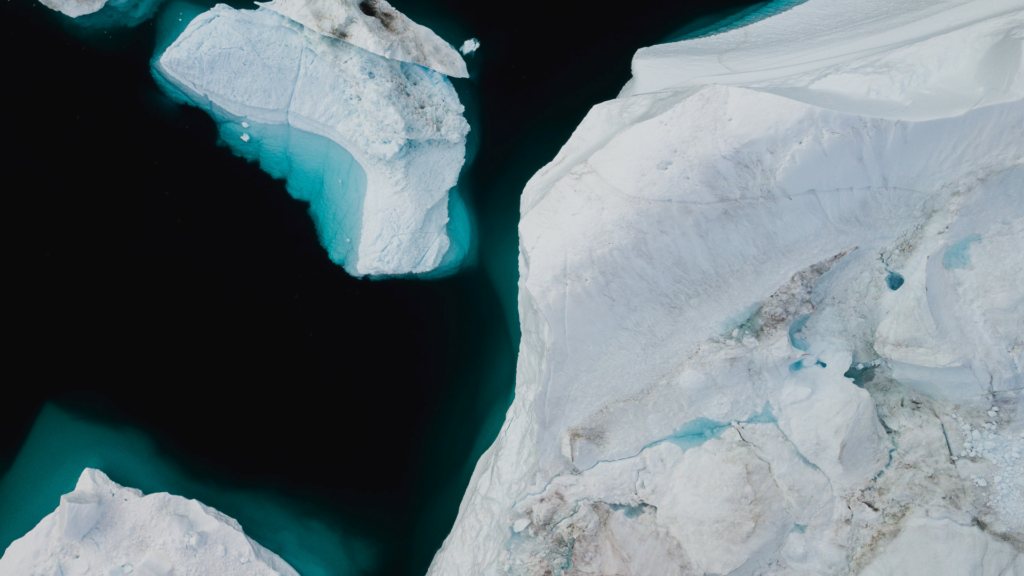Climate Change is a global concern and global politics is working to fix responsibility for human-led global warming in the last few decades. The current and future generations must be paying the cost of a rise in temperature as well as a degraded atmosphere, ecology, and environment. The Paris Agreement on Climate Change in 2016 has made efforts to limit global warming well below 20C and preferably 1.50C from the pre-industrial levels as legally binding.
This international treaty has set the stage for setting common but differential responsibilities. As this is always a question of who is responsible for the climate change scenario and who is going to bear the cost. The changes caused are long-lasting and irreversible yet their impact on different regions across the world is different.
These regional impacts like more precipitation, frequent droughts, more than average rise in temperature, etc are getting intolerable to people, animals, and plants. Some of the species such as polar bears are near extinction as they are not able to move from the places to save themselves from the rising temperature and sea levels.
During rapid industrialization, no one cared about the evil impacts of carbon emissions and global warming. But it’s now become a global concern and brought regional ecological disturbances. The high-altitude regions such as the Arctic are experiencing changes more rapidly than other parts of the globe. But the changes in ecology and environment somewhere are bringing threats everywhere.
Regional climate change impacts and can hamper health, socioeconomic well-being, and food security across the globe along with loss of infrastructure and lives. It can further limit labor productivity and cause more hazards to the vulnerable section of society. Thus, reducing green House Gases and limiting the dependence on fossil fuels is the prime savior in this scenario.
The government’s efforts across the globe are experiencing great challenges. The developed nations still need to pay the emission debt to the developing and underdeveloped nations through the transfer of technology to mitigate the regional impacts and put more investment to pave the way for greener economic growth. As an urgent call to action reducing the in-house emissions for well-being of all and for this beautiful planet ‘earth’ is now a prime necessity.

